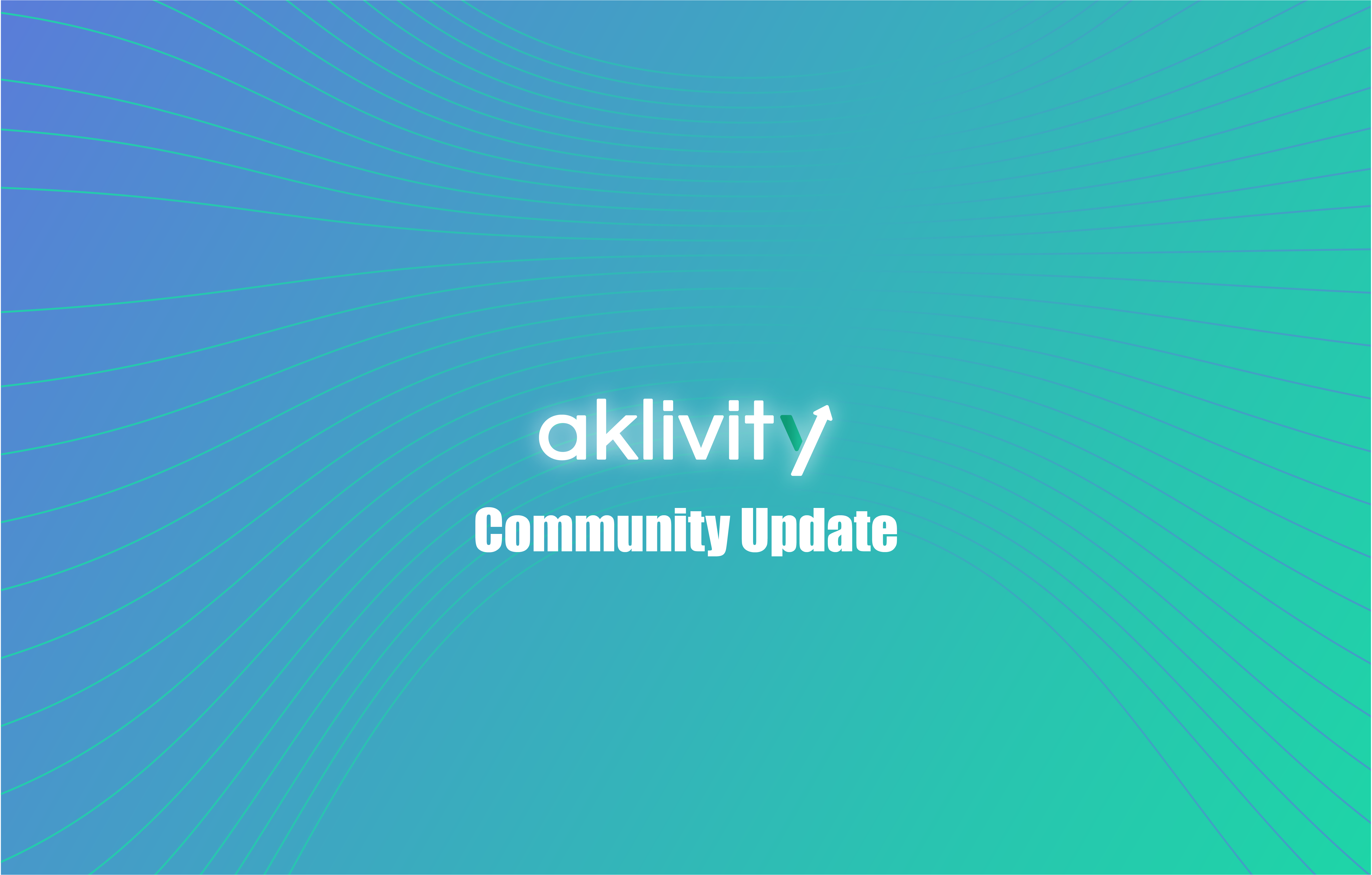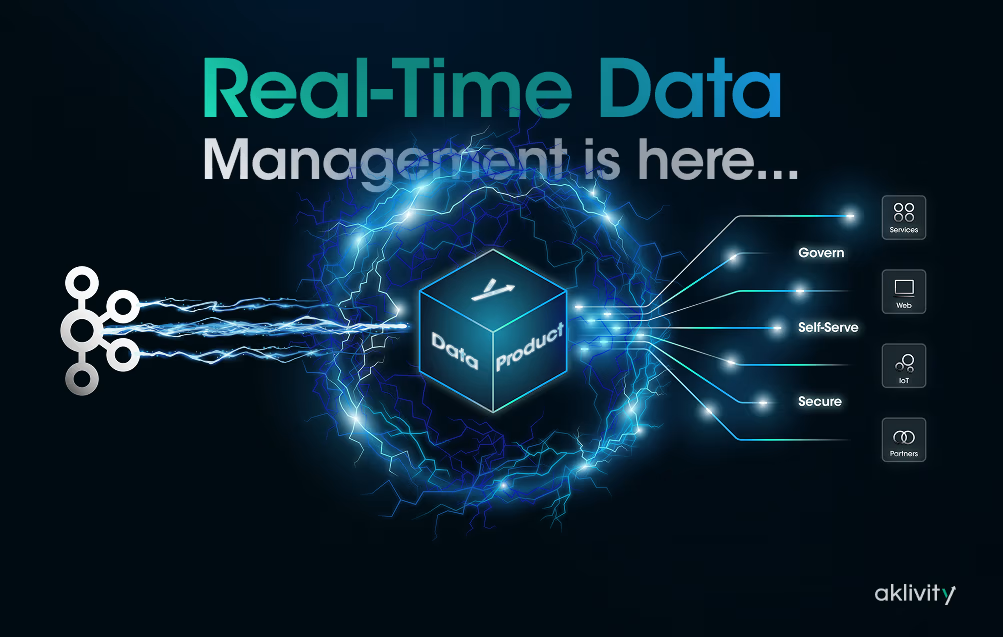Aklivity Community Update (July 2024)
Homebrew, catalogs, logs and more!



Overview
We have been working hard after meeting so many of you at Kafka Summit London, where we introduced Zilla and how you can now Bring your Own OpenAPI and AsyncAPI Specs. I want to highlight some of the changes the team has been making since then. You can check out the recent changes in more detail in our GitHub Discussion thread.
Homebrew Install
Zilla now has a Homebrew Cask. MacOS users can rejoice! We understand that not everyone is comfortable with container runtimes, and sometimes a CLI tool is just what you need to get your local PoC working. The Zilla Homebrew install allows you to run any zilla.yaml config right from your terminal. The installation is a breeze by adding the Aklivity cask and then brew install zilla. We are working on getting added to the homebrew core package, so you won't need to add our cask. Happy Brewing!
Logs
Logs, logs, and more logs. Almost every time I look at the top search terms on the docs, I see some form of someone trying to figure out how to get Zilla to be more chatty. We have wanted to deliver a logging experience any Dev will find familiar and any SysAdmin will happily integrate with. For starters, we have added the Standard Out exporter to all of our examples and demos so you will get instant feedback from the client and Zilla telling you what is configured correctly, or not. Any Zilla install will fit right in with existing logs and metrics interfaces using the stdout and prometheus exporters. If OpenTelemetry is more your thing, we also have you covered there. Zilla can send logs and metrics signals to an OTLP collector using our otlp exporter. We went a step further for our Zilla Plus customers. We added the aws-cloudwatch and syslog exporters, so you will have even less overhead in capturing the new observability data Zilla is providing.
Zilla Dump
Zilla remains as fast as possible to run in any environment. In the situation where all exporters need to be turned off for those precious bits and bytes of performance, the Zilla engine has a zilla dump command that will provide the most fine-grained visibility without any overhead.
AsyncAPI Enhancements
We haven't stopped improving our integrations with OpenAPI and AsyncAPI. We have improved the HTTP and SSE integrations with AsyncAPI to make it the go-to tool for distributed systems. OpenAPI is a staple in the API design community. AsyncAPI v3 is a newcomer, and we think you should check it out if you haven't already. AsyncAPI has taken the best parts of the OpenAPI spec and asked how to make that design work for any Event-Driven Architecture (EDA). Naturally Zilla fits right in with that goal since we are working to make EDAs more approachable by removing the implementation complexity and letting developers use the tools they know. We have a whole other announcement blog you can check out, Announcing OpenAPI and AsyncAPI support in Zilla.
Conclusion
That is enough exciting new features for one day! We are constantly making improvements so please join in the discussion to make Zilla even better. Star the Zilla repo to watch for new updates and come hang out in our Slack.


Let’s Get Started!
Reach out for a free trial license or request a demo with one of our data management experts.







